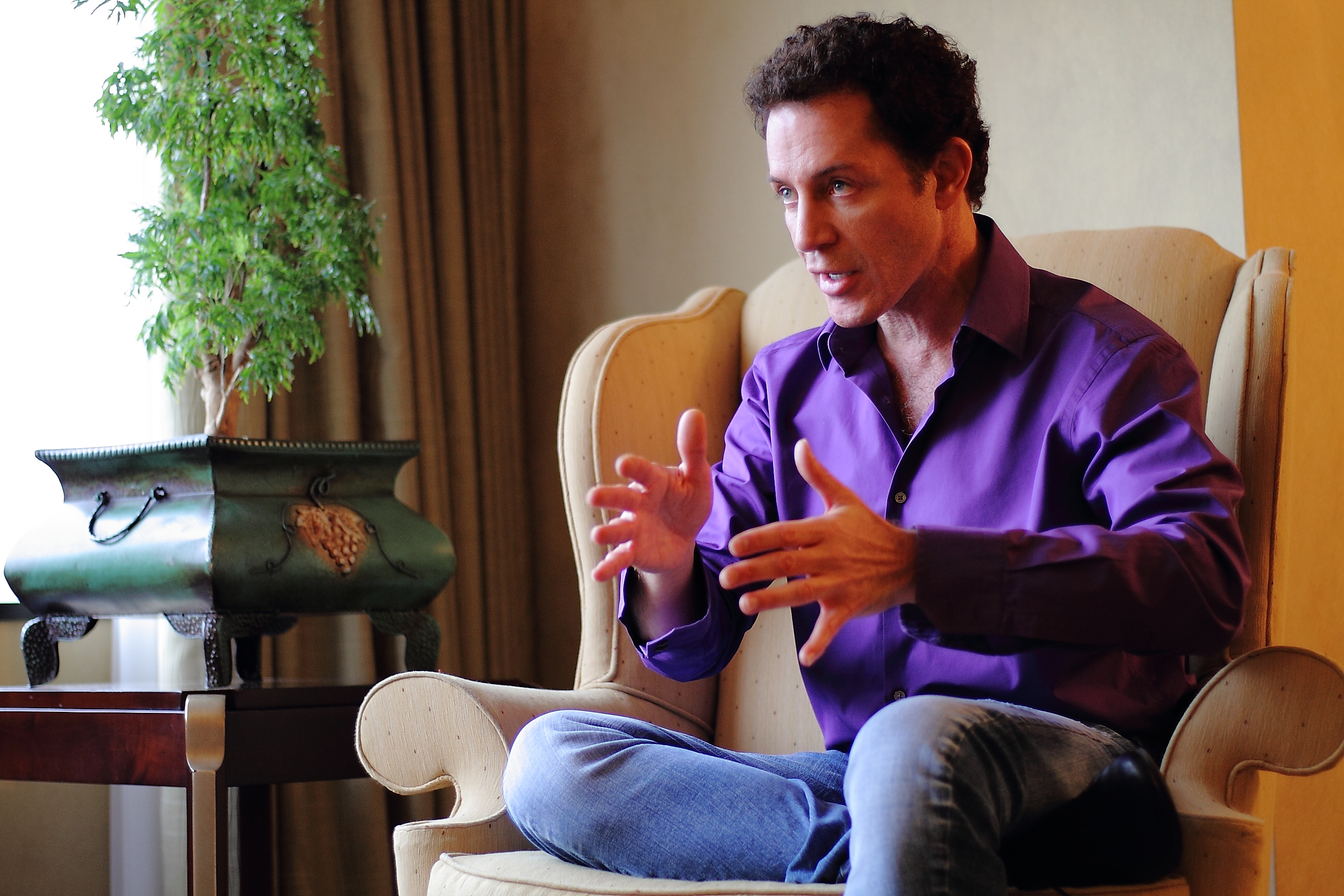

Dr. Sonica Krishan
With the rapid seasonal variations and sedentary life styles, our respiratory system becomes a target every now and then. This results in lowering the general resistance of the body towards harmful microbes. The viral infections of the throat are common and yet the treatment remains unsatisfactory. It is therefore a need of the times to revive unto the respiratory system the ability to fight and defend the so often attacks.
What is asthma?
Signs and Symptoms of Asthma
Chronic cold, chill, rhinitis, thirst, and severe and persistent cough. He complains of breathlessness. And in the chronic state, the patient is even unable to lie straight on the bed. As the disease proceeds, it results into attacks of dyspnoea, a sense of tightness around the chest and the wheezing sound in expiration. The patient also suffers from indigestion, constipation or diarrhea and there is accumulation of phlegm in the system.
Ayurveda therapy
In Ayurveda no disease is unanswerable. Ayurveda treats not just the disease but the patient affected by it. And so the medicine should work without producing any side effects what so ever.
Ayurveda Analysis of Asthma
Asthma or ‘Tamak Shwasa’ as pronounced in Ayurveda text, is one of the worst diseases, which are the bane of modern living.
Ayurveda believes asthma generally to be an aggravated form of preceding disease like chronic bronchitis or chronic rhinitis. This disease can also arise as a consequence of an allergy or due to infection.
There are a number of causes which aid in its birth like taking irregular and dry diet, undue exercises, taking heavy foods, raw milk and variation of hot and cold in dietary habits. Other causes include mental stress and strain, over indulgence in sex, debility of vital organs, prolonged fever, chyme disorders and stomach problems. Most of all the allergic or Bronchial Asthma results from dust, wind, smoke and cold climate.
Normally, to undo these symptoms the patient is given a strong antibiotic-steroid bronchodilator with anti-histamine. These give only a temporary relief and yet the patient constantly feels a sense of weakness and exhaustion. In Ayurveda, the diagnosis and treatment revolve around the three basic DOSHAS (humors of the body) i.e. VATTA, PITTA and KAPHA (wind, bile and phlegm). An imbalance in any of the three results into production of the disease. In Asthma, KAPHA or Phlegm is produced more and it further weakens the gastric appetite. It results into this vicious circle and therefore it is important to control and decrease the production of KAPHA. Regular use of warm water aids in the same. Another help will be to find out for oneself the seasonal factors or the allergic manifestations and to try and refrain oneself from them.

If you enjoyed this post, make sure you subscribe to my RSS feed!
 Philippe Matthews Show Guru Advice, Author Reviews, Tech Reviews, Entertainment News
Philippe Matthews Show Guru Advice, Author Reviews, Tech Reviews, Entertainment News






